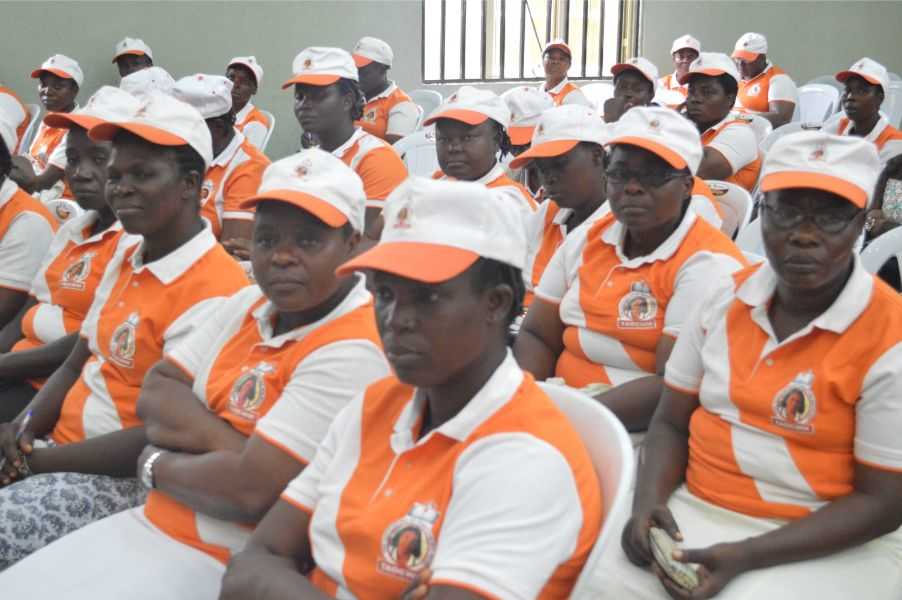Nigeria occupies an unenviable position as a leading contributor to the global burden of women and children’s death with an estimate of 58,000 deaths from pregnancy or childbirth-related causes in 2015, accounting for almost one-fifth of global maternal deaths.
We are dedicated to improving the health of mothers, pregnant women, and children under the age of five in Nigeria. We achieve this by disseminating best practices; investing in environmental sanitation; providing technical assistance; training traditional birth attendants on health challenges that affect pregnant women and children; and educating women in rural areas on basic knowledge on maternal health. Our goal is to promote healthy children, healthy families, and healthy communities. In the course of our projects, we have provided over 62,000 birthing kits to traditional birth attendants in over 14 communities.




